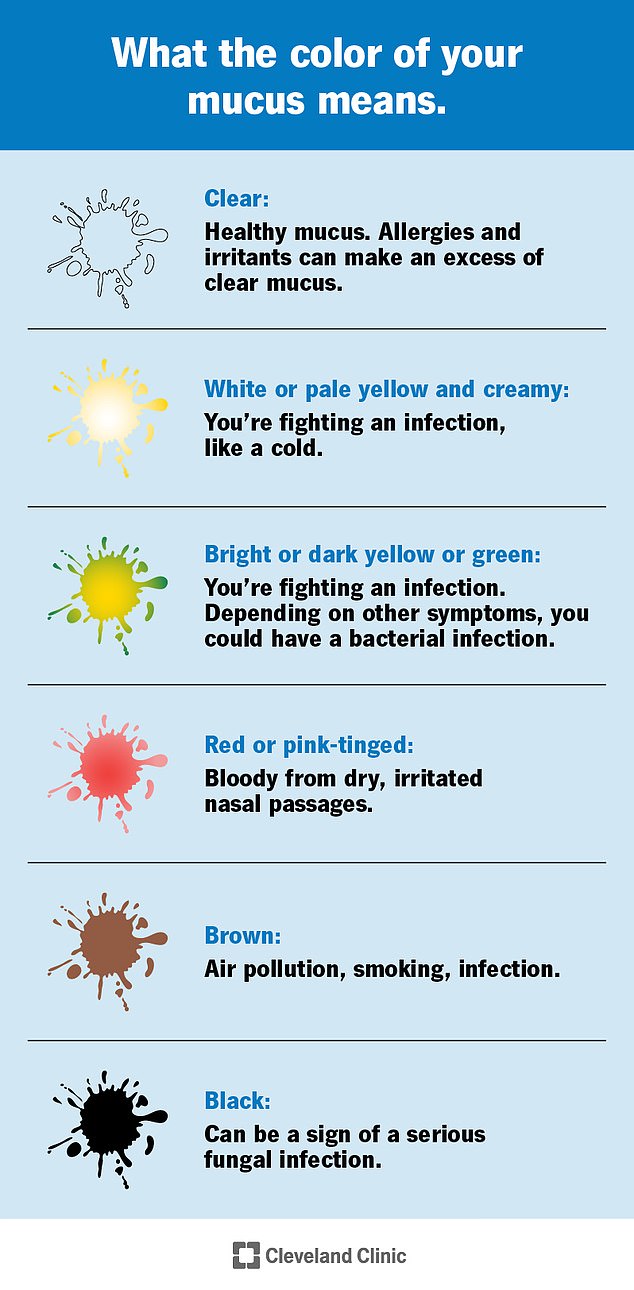
A Legacy of Resilience and Rock
Ozzy Osbourne, the legendary rock icon known as the "Prince of Darkness," has left an indelible mark on the music world. His journey from the streets of Birmingham, England, to international stardom was marked by both triumph and turmoil. Throughout his life, Ozzy faced numerous challenges, including a long history of substance abuse and health struggles that often seemed to test his very survival.
In one of his reflective moments, Ozzy admitted, “I should have died 100 times.” This candid statement highlighted the dangerous path he walked during his years of excess. Despite the risks, he continued to push forward, ultimately achieving great success in his solo career after leaving Black Sabbath. His electrifying stage presence and unpredictable behavior became part of his legend, captivating fans around the globe.
Health Struggles and Personal Challenges
Ozzy's health issues were a significant part of his later life. In 2020, he revealed that he had been diagnosed with Parkinson’s disease, a condition that would eventually impact his ability to tour. The diagnosis came after a fall that exacerbated previous injuries from an ATV accident in 2003. These health challenges led to the cancellation of his No More Tours 2 European and UK performances in 2023.
The concert series had faced multiple delays due to medical concerns, the outbreak of the COVID-19 pandemic, and organizational hurdles. During an interview on Good Morning America in January 2020, Ozzy shared details about his health, explaining that the fall had resulted in surgery on his neck, which affected his nerves. He described it as a mild form of the disease, but it was enough to change the course of his life.
Advocacy and Impact
Despite his health struggles, Ozzy used his platform to raise awareness about Parkinson’s disease. His openness about his diagnosis helped many others feel less alone in their own battles with the condition. Organizations like Parkinson’s UK and Cure Parkinson’s praised him for normalizing difficult conversations around the disease.
Proceeds from the recent Black Sabbath reunion performance supported several causes, including Cure Parkinson’s, Birmingham Children’s Hospital, and Acorns Children’s Hospice. Caroline Rassell, CEO of Parkinson’s UK, expressed her admiration for Ozzy, stating, “By speaking openly about both his diagnosis and life with Parkinson’s, Ozzy and all his family helped so many families in the same situation.”
A Final Farewell
Ozzy’s passing has left a profound impact on fans and fellow musicians alike. His family announced his death in a heartfelt statement, expressing their deep sorrow. “It is with more sadness than mere words can convey that we have to report that our beloved Ozzy Osbourne has passed away this morning. He was with his family and surrounded by love. We ask everyone to respect our family privacy at this time.”
As fans gather to mourn, they also celebrate the life of a man who defied the odds and left a lasting legacy in the world of rock music. His story is one of resilience, passion, and the enduring power of music to connect people across generations.











